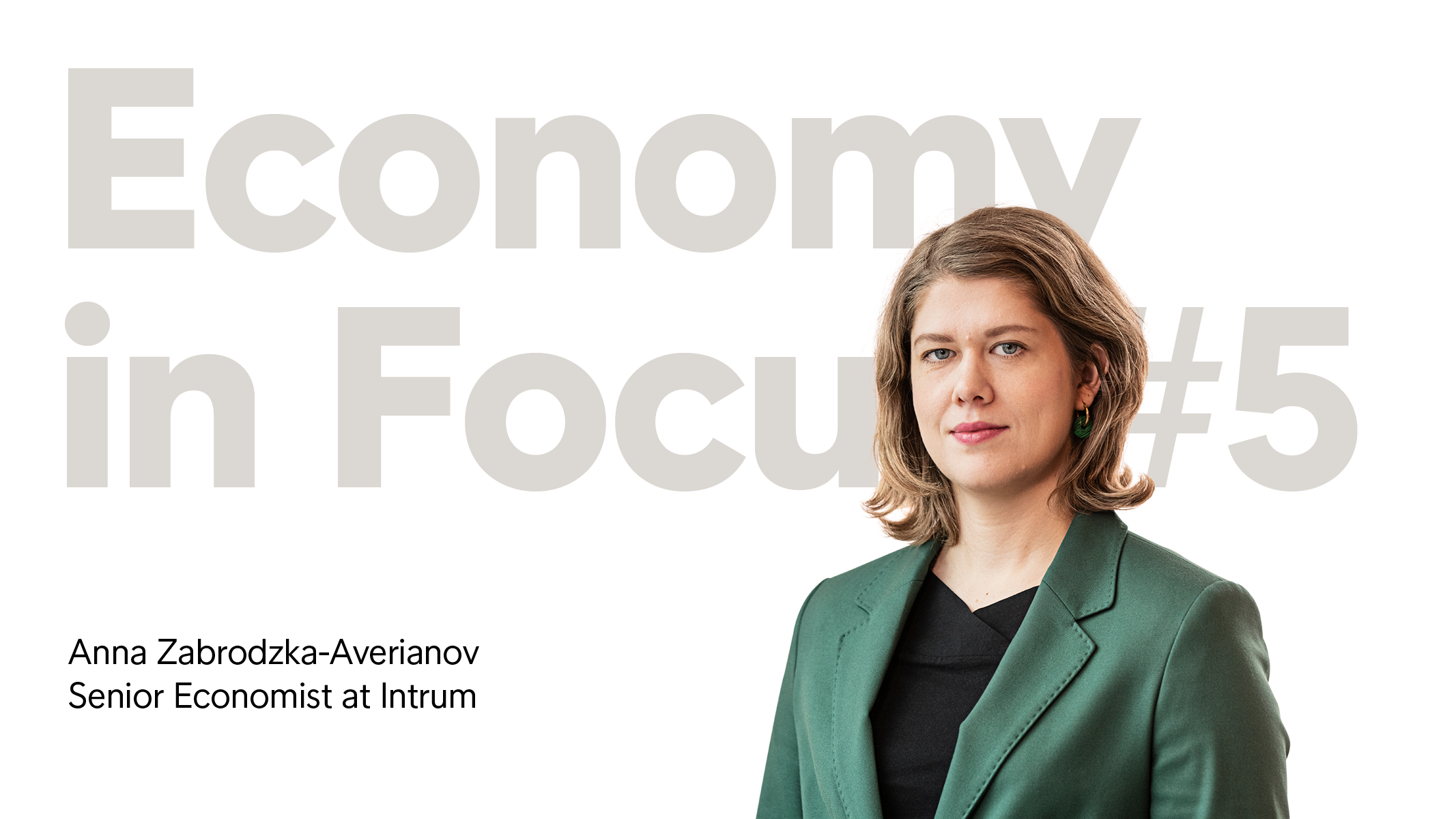Are businesses aggravating economic problems?
Life for Europe’s businesses has undeniably been tough, with macroeconomic shocks lining up one after the other: revenue disruptions, prolonged inflation fears, wage setting and cost-cutting.
The challenges have left them floundering – unsure whether to play offense or defence. Intrum’s research shows negativity about the immediate future, with ongoing revenue disruptions expected as customers continue to struggle to make ends meet.
Yet, voices from the European Central Bank claim that, since the pandemic, European companies have raised prices far beyond what is necessary to cover increased input costs. Fears over persistent inflation remain intact.

So far, many companies have managed to parry economic headwinds by successfully increasing their prices. From a macroeconomic point of view, that causes concerns as it feeds the inflation cycle and its continued persistence.Anna Zabrodzka-Averianov, Senior Economist at Intrum
Experts expect inflation to slowly come down to normalised levels over the course of the next 24 months. Meanwhile, a historic wage-setting situation has forced employers and employees to find common ground.
And yet, though companies express growth ambitions, cost-cutting is taking precedence. To date, capital expenditures among European companies are forecast to slightly decrease during 2023, from historically high levels during 2022.
In this month’s Economy in Focus, Zabrodzka-Averianov looks at the difficult economic and financial headwinds companies continue to face, and asks if they are also aggravating these challenges.
For an in-depth look at the issues of revenue disruption, inflation, wage increases and cost cutting, download the full report free today.

